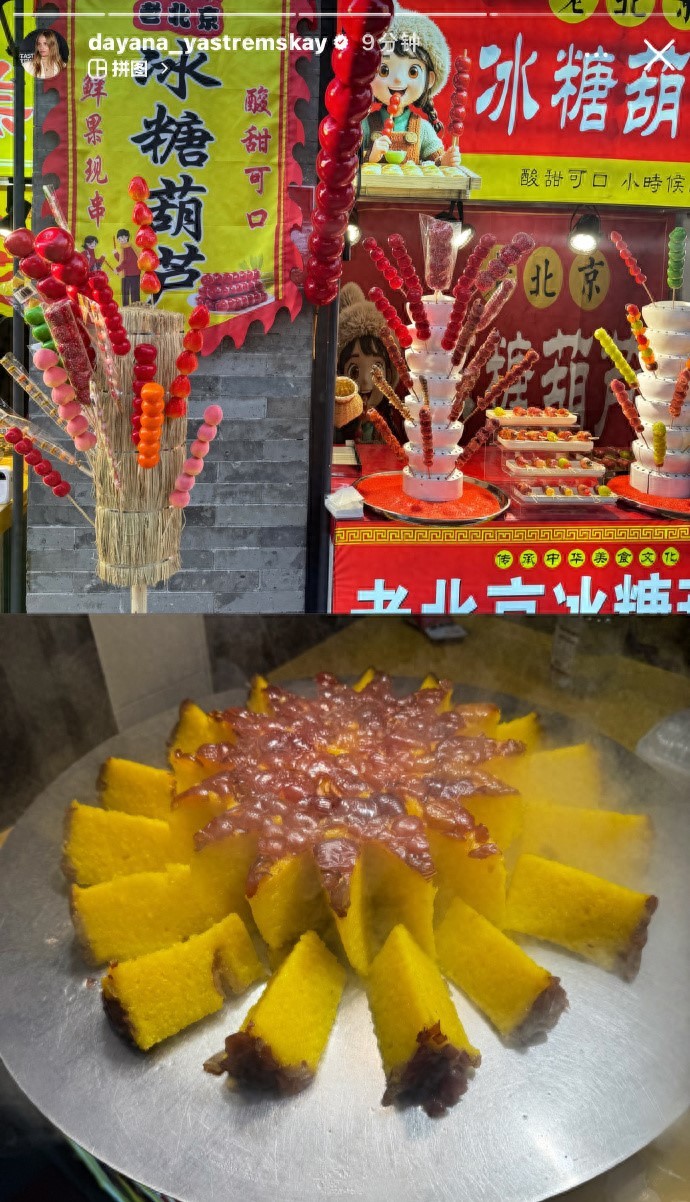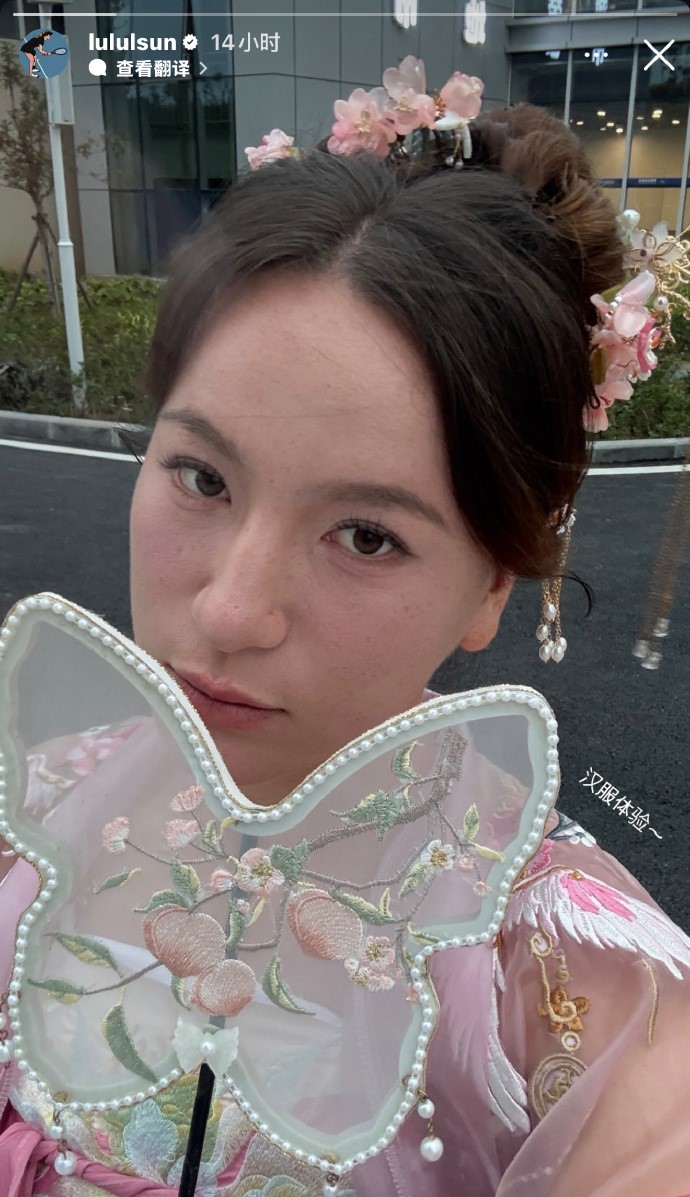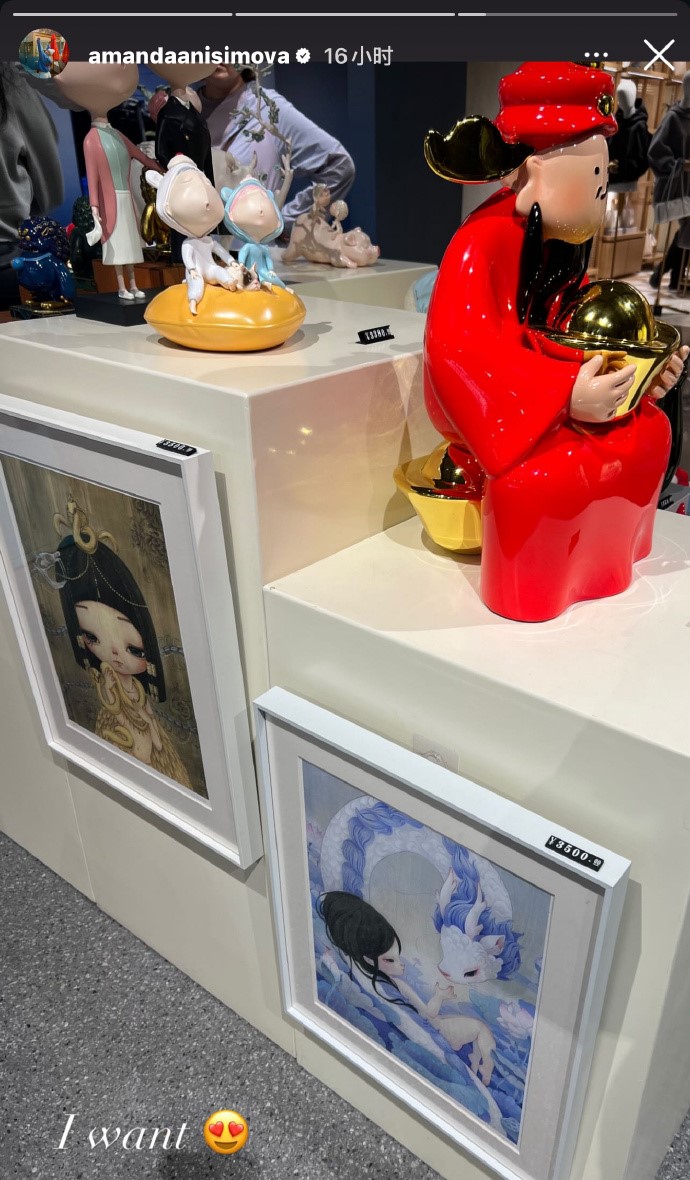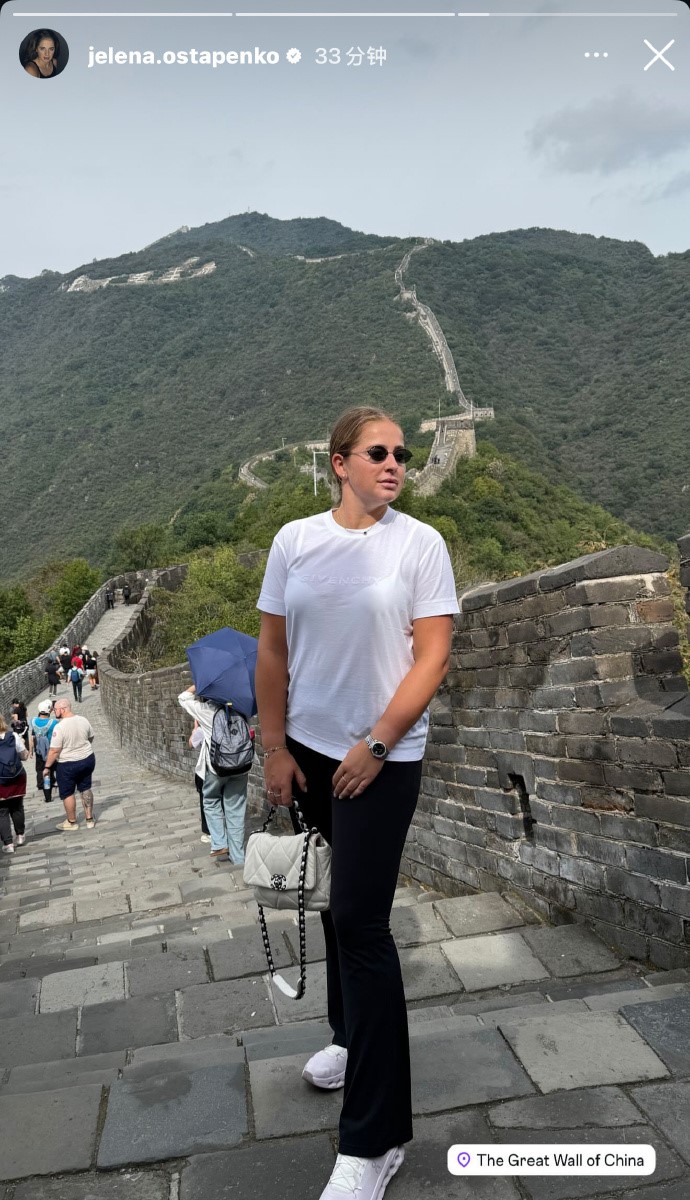The China Open is about to begin: female players share their joyful journey in China
When the WTA stars flock to Beijing like migratory birds, their social media is instantly illuminated by the mystique and hospitality of the East. Gauff takes selfies with fans beneath the red walls of the Forbidden City, her captions filled with the warmth of Chinese spectators; Ostapenko stands atop the Great Wall, her smile as bright as a crisp northern autumn day; on the accounts of Anisimova, Vekic, Andreescu, and others, the glistening sugar-coated hawthorns, the ringing bicycle bells in the alleys, and the fragrant haze of old teahouses form a flowing portrait of Eastern charm. These queens of the tennis court temporarily shed their battle gear to become vivid experiencers and ambassadors of Chinese culture.

Yet amid this harmonious melody, there was a jarring note—Townsend’s criticism of Chinese food, like a drop of ink falling into a clear pond, quickly stirred ripples. Her withdrawal was less a voluntary choice and more a retreat prompted by sensing some invisible pressure. This subtle scene vividly illustrates the old lyric: “When friends come, offer good wine; when wolves come, raise the hunting gun.”

The Chinese way of hospitality is deeply rooted in five thousand years of civilization. The Book of Rites states: “Courtesy demands reciprocity. To visit without return is discourteous; to receive without reciprocating is also improper.” This mutual etiquette shapes the Chinese people’s character—warm and hospitable, yet clear in their likes and dislikes. We offer Gauff and others our treasured “good wine” — not only material delights of food and scenery but also emotional respect and welcome. The enthusiastic directions from aunties on Beijing’s streets, fans’ handmade banners, and the organizers’ carefully prepared Mid-Autumn Festival mooncakes—all these details flow together like streams forming a friendly river.

But when arrogance like Townsend’s appears, that invisible “hunting gun” quietly rises. This gun is not a symbol of violence but a form of civilized restraint and defense of dignity. It may manifest as rational criticism on social media or restrained silence on the court; it is a defensive mechanism embedded in the cultural DNA. The Chinese understand that true etiquette is not unconditional flattery but an energy balance based on mutual respect. Confucius’s idea of “repaying resentment with uprightness” has long philosophically underpinned this attitude.

As an intensely international sport, tennis tournaments are miniature stages for cultural dialogue. The “China impressions” shared by players on social media are reshaping the world’s perception of modern China. This construction of understanding is essentially a cultural exchange and mutual learning. When we are moved by Ostapenko’s cheers on the Great Wall, we are not just celebrating a tourist site’s recognition but witnessing the joy of decoding a cultural code successfully.

The vision proposed by Fei Xiaotong—“each appreciating their own beauty, admiring others’ beauty, sharing all beauty, and achieving universal harmony”—is vividly embodied in this encounter between tennis and culture. The reason Gauff and others receive so much goodwill is that they come with eyes to discover beauty and an equal heart to appreciate another civilization’s charm. Their social media shares inadvertently become cultural ambassadors, bridging psychological distance and dispelling stereotypes.

Contemporary Chinese cultural confidence is reflected in this balanced, open, and inclusive attitude. We have enough confidence to showcase traditional culture’s charm and the broad-mindedness to appreciate every sincere visitor. Yet at the same time, we no longer remain silent in the face of obvious prejudice and discrimination. This transformation is an inevitable process for an ancient civilization to rediscover its place in the modern world.

As the whistle sounds for the next match and another player shares her China experience on social media, this dialogue of civilizations continues. Every guest stepping onto this land will find: the “good wine” is always prepared for friends, while the “hunting gun” is only raised against true “wolves.” Between this smiling Great Wall and the invisible hunting gun lies not only a nation’s wisdom in hospitality but a profound dialectic of how a civilization maintains its identity while embracing the world in the era of globalization.

On the stage of cultural exchange, there is no one-sided giving or receiving, only mutual pursuit and understanding. When the tennis queens smile in China, they not only gain warmth beyond competition but also help write a history of civilization dialogue across borders—each page proving that true respect always stems from embracing differences and upholding fundamental principles.(Source: Tennis Home, Author: Xiao Di)







 Links
Links
 Contact
Contact
 App
App


